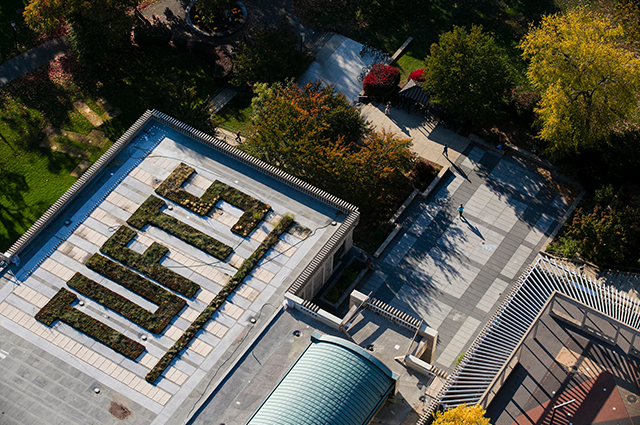Personalized recommendations and memory solutions

At the recent IEEE International Symposium on High-Performance Computer Architecture (HPCA), researchers from the Tufts Department of Electrical and Computer Engineering presented two new papers published in collaboration with colleagues from Arizona State University, Facebook, Harvard University, and Washington University in St. Louis.
Embedded non-volatile memory solutions
Across industries, there’s a need for new memory systems that can enable denser on-chip storage that is more energy efficient. Some potential candidates are now coming from embeddable non-volatile memory (eNVM) emerging technologies. But there’s a great deal of information for a user to consider – eNVM technologies are at very different development levels, and there are tradeoffs to compare and contrast.
At HPCA, a team of researchers from Tufts School of Engineering and Harvard University presented NVMExplorer, a cross-stack framework that allows users to compare future on-chip memory solutions, considering system constraints and application-level impacts. The researchers used NVMExplorer to study eNVM-based storage for applications like graphic analytics and machine learning. The framework provides data visualizations that are interactive and easy to use, and help users quickly answer questions. The team released it as an open-source resource and it is already being used by other industry and academic research team.
Joint first author and PhD candidate Alexander Hankin, Assistant Professor Marco Donato, and Associate Professor Mark Hempstead of the Tufts Department of Electrical and Computer Engineering worked with colleagues from Harvard University – joint first author and PhD candidate Lillian Pentecost, Gordon McKay Professor of Electrical Engineering Gu-Yeon Wei, and Haley Family Professor of Computer Science David Brooks.
Read more: NVMExplorer: A Framework for Cross-Stack Comparisons of Embedded Non-Volatile Memory Solutions
Personalized recommendations
Systems that deliver personalized recommendation can be found across the internet, recommending content like videos and information about projects. However, the systems that compile and deliver these recommendations require significant data center resources, especially as they continue to grow in leaps and bounds.
A team of researchers from Tufts School of Engineering, Arizona State University, Facebook, Harvard University, and Washington University in St. Louis proposed Hercules: a framework for personalized recommendation inference serving. The framework targeted models that were representative of industries in need of personalized recommendation systems, and functional on the cloud scale.
The team developed Hercules to perform a two-step procedure that conserves data center resources. In the first stage, the framework profiles offline and in the second, it serves online. The researchers found that Hercules’ proposed cluster scheduler achieved 47.7% cluster capacity saving, and it reduced the provisioned power by 23.7% as compared to a state-of-the-art conventional scheduler.
Authors: Liu Ke (Facebook/Washington University in St Louis); Udit Gupta (Facebook/Harvard); Mark Hempstead (Tufts University); Carole-Jean Wu (Facebook/ASU); Hsien-Hsin Sean Lee (Facebook); and Xuan Zhang (Washington University in St. Louis).
Read more: Hercules: Heterogeneity-Aware Inference Serving for At-Scale Personalized Recommendation
Department:
Electrical and Computer Engineering